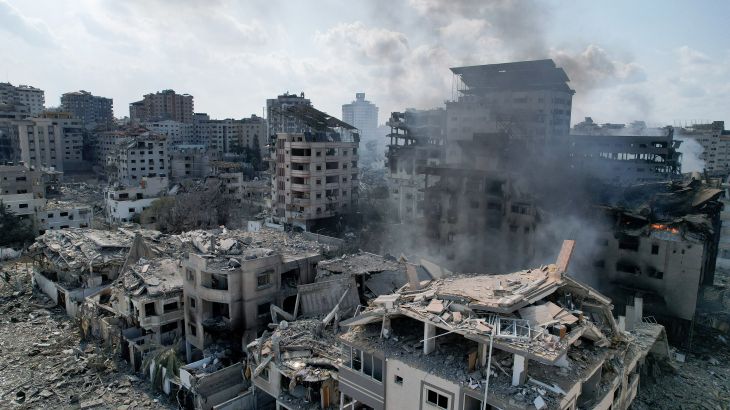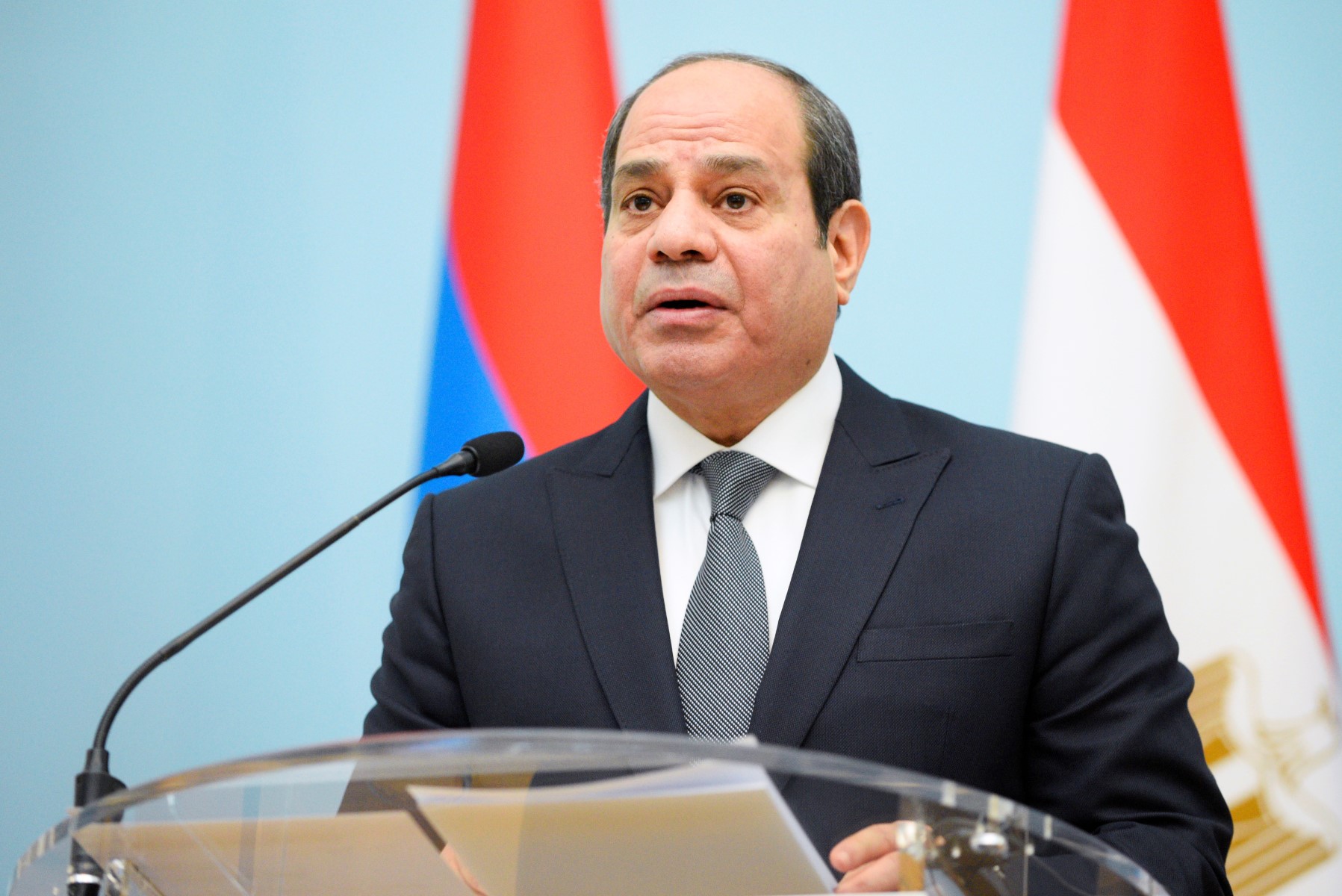Seeking Safe Passage: US Engages Israel and Egypt in Gaza Civilian Protection Talks

Seeking Safe Passage: US Engages Israel and Egypt in Gaza Civilian Protection Talks
In the midst of the ongoing conflict between Israel and Hamas, the United States has embarked on a diplomatic mission to secure the safety of Gaza’s civilian population. US National Security Advisor, Jake Sullivan, recently disclosed that discussions are underway with Israel and Egypt, two key regional players, to facilitate the safe passage of Gazan civilians affected by the hostilities.
Sullivan emphasized the United States’ commitment to minimizing harm to innocent civilians, asserting, “We don’t deliberately target civilians.” This statement comes in response to mounting concerns raised by international organizations such as the United Nations, which reported that over 180,000 Palestinians in Gaza have been rendered homeless due to the escalating violence.
This crucial diplomatic effort is poised to play a pivotal role in the ongoing conflict, where the protection of civilians has been a central concern for the global community. As the conflict rages on, the engagement of the United States with Israel and Egypt is poised to address the dire humanitarian situation in Gaza.
The Ongoing Humanitarian Crisis
The conflict in Gaza has given rise to a dire humanitarian crisis, with innocent civilians bearing the brunt of the violence. Over the past weeks, the region has witnessed intense hostilities, resulting in widespread displacement, destruction of infrastructure, and a severe lack of basic necessities. The United Nations Relief and Works Agency for Palestine Refugees in the Near East (UNRWA) reported that more than 180,000 Palestinians in Gaza have been left homeless, their lives upended by the unrelenting violence.
The United States’ Engagement
Amidst the ongoing turmoil, the United States has assumed a critical role in attempting to mitigate the suffering of Gazan civilians. National Security Advisor Jake Sullivan confirmed that the US is actively engaged in discussions with Israel and Egypt regarding the establishment of safe passage routes for Gaza’s civilian population.
While the specifics of these talks remain undisclosed, the mere fact that diplomatic channels are open is a significant step towards addressing the immediate crisis and establishing a foundation for lasting peace in the region. The focus of these discussions is clear: to ensure the safety and protection of civilians who are currently caught in the crossfire.
The United States’ Commitment to Civilians
Jake Sullivan’s assertion that the United States does not deliberately target civilians reaffirms the nation’s dedication to preserving innocent lives. In times of conflict, the safeguarding of civilians, especially those who find themselves in the midst of war zones, is a fundamental principle of international law and morality.
As the conflict unfolds, the US’s involvement underscores the importance of minimizing the suffering experienced by Gaza’s civilian population. While this diplomatic effort is a testament to the United States’ commitment to humanitarian principles, its ultimate success remains contingent upon the cooperation and commitment of all parties involved.

The Role of Israel and Egypt
Israel and Egypt, as neighboring countries to Gaza, hold a unique position in addressing the humanitarian crisis. Israel, in particular, has been at the center of the conflict due to its ongoing military operations in the Gaza Strip. As a result, its cooperation is instrumental in ensuring the safe passage of civilians in and out of the war-torn region.
Egypt, on the other hand, shares a border with Gaza and has historically played a significant role in mediating conflicts in the region. Its participation in discussions aimed at securing safe passage is expected to enhance the prospects of a successful outcome.
While these talks are ongoing, it is imperative that Israel and Egypt prioritize the safety and well-being of innocent civilians who are in desperate need of assistance. Their collaboration with the United States demonstrates a shared commitment to averting a full-blown humanitarian catastrophe.

Unknown Involvement of Iran
National Security Advisor Jake Sullivan also addressed concerns regarding Iran’s involvement in the ongoing conflict. As of now, there is no specific information available about Iran’s role in the hostilities. This lack of clarity underscores the complexity of the situation and the need for thorough diplomatic efforts to understand and address the broader regional dynamics at play.
The implications of Iran’s involvement, if any, are significant. Iran has been a longstanding supporter of Palestinian factions, including Hamas. Its role in the current crisis could potentially influence the trajectory of the conflict and the prospects for peace in the region. It is imperative to gather accurate information and engage in diplomatic dialogue to fully comprehend the extent of Iran’s participation.
The Road Ahead
The engagement of the United States, Israel, and Egypt in discussions to ensure the safe passage of Gaza’s civilian population marks a pivotal moment in the ongoing conflict. While it is a positive step towards addressing the immediate humanitarian crisis, significant challenges remain on the path to lasting peace.
To achieve a lasting resolution, all parties involved must prioritize the well-being and safety of innocent civilians, adhering to the principles of international law. This includes refraining from disproportionate use of force, protecting civilian infrastructure, and ensuring access to humanitarian aid for those in need.
Additionally, a comprehensive approach that addresses the underlying political and socioeconomic issues fueling the conflict is necessary for long-term stability in the region. The international community, including the United Nations, must play a vital role in supporting these efforts and facilitating dialogue between the conflicting parties.
In the midst of an ongoing conflict that has already resulted in immense suffering, the discussions initiated by the United States offer a glimmer of hope. They reflect a commitment to finding solutions that safeguard the lives of innocent civilians, rebuild shattered communities, and pave the way for a future where the people of Gaza can live in peace and security. The world watches closely as these diplomatic efforts unfold, with the shared aspiration of a brighter, more peaceful future for the region.

The plight of Gaza’s civilian population cannot be overstated. As the conflict continues, it is crucial that all parties involved recognize the devastating impact it has on innocent lives. The stories of families torn apart, homes reduced to rubble, and communities in ruins serve as a stark reminder of the urgency of the situation. The international community must remain vigilant and continue to apply pressure on all parties to ensure the protection and well-being of civilians.
Furthermore, the involvement of the United States in diplomatic talks showcases the importance of multilateral engagement and cooperation in addressing complex conflicts. It is a testament to the power of diplomacy and the potential for peaceful resolutions, even in the midst of seemingly intractable hostilities. The commitment to safeguarding civilian lives is a shared global value, and it is incumbent upon the international community to rally behind these efforts.
While the current talks focus on safe passage, it is essential to remember that the road to lasting peace is fraught with challenges. Political, historical, and territorial disputes have deep roots in this region, and addressing them requires sustained commitment and dialogue. The establishment of a just and lasting resolution to the Israeli-Palestinian conflict is a goal that has eluded the world for decades, but it remains a paramount objective for global peace and stability.
In the coming days and weeks, the world will closely monitor the progress of the diplomatic discussions between the United States, Israel, and Egypt. The ultimate success of these negotiations hinges on the willingness of all parties to prioritize the well-being of civilians and engage in constructive dialogue. The hope is that this diplomatic initiative will not only alleviate the immediate suffering of Gaza’s population but also set the stage for broader regional stability and, ultimately, a peaceful and prosperous future for all.




